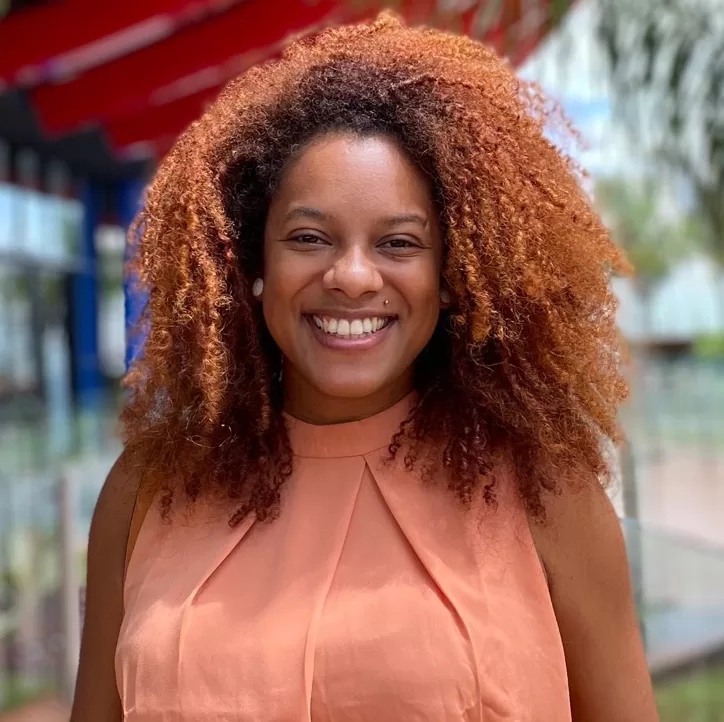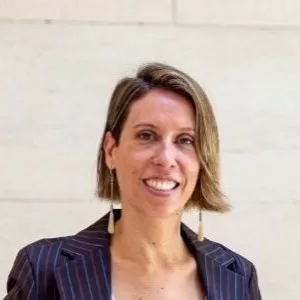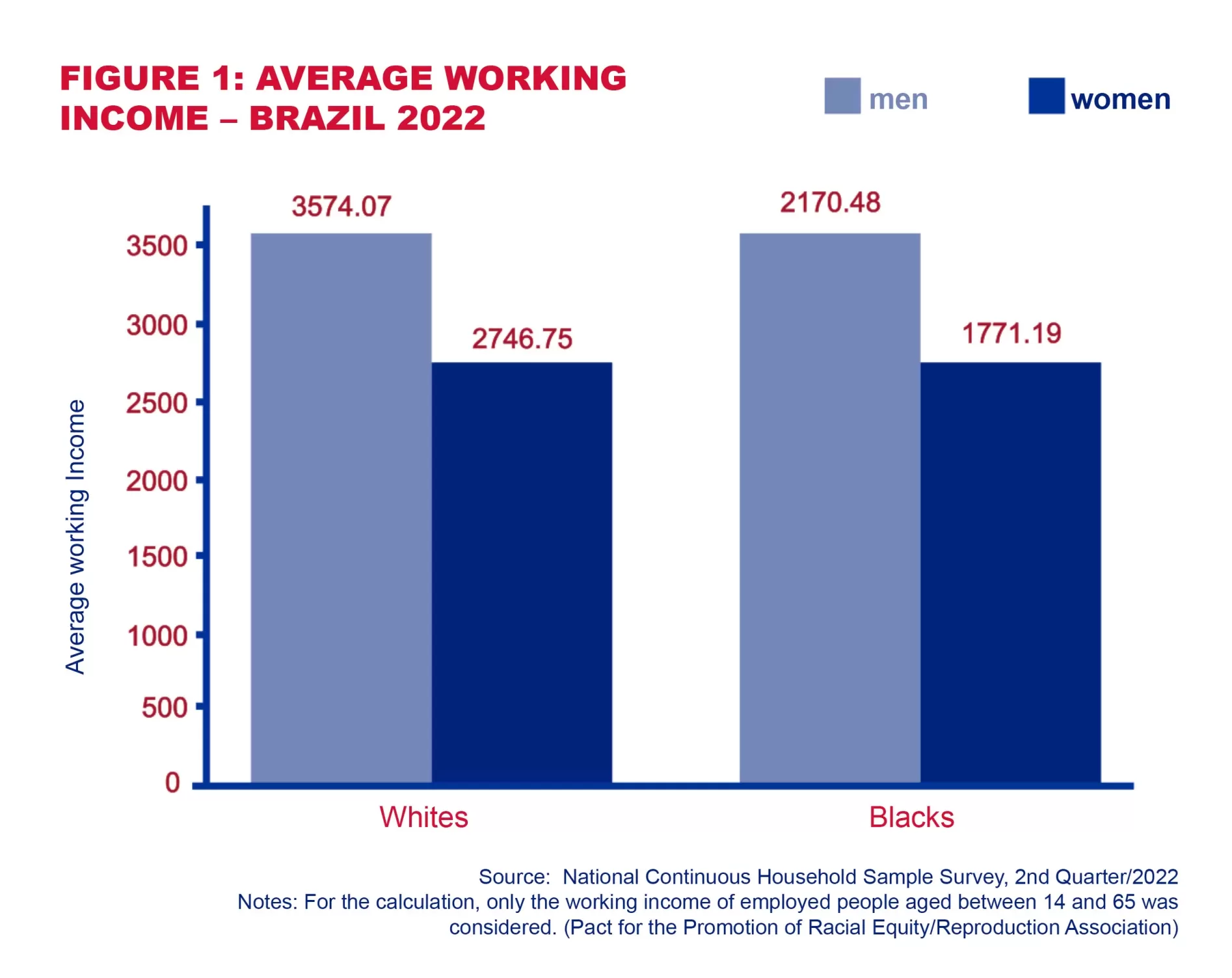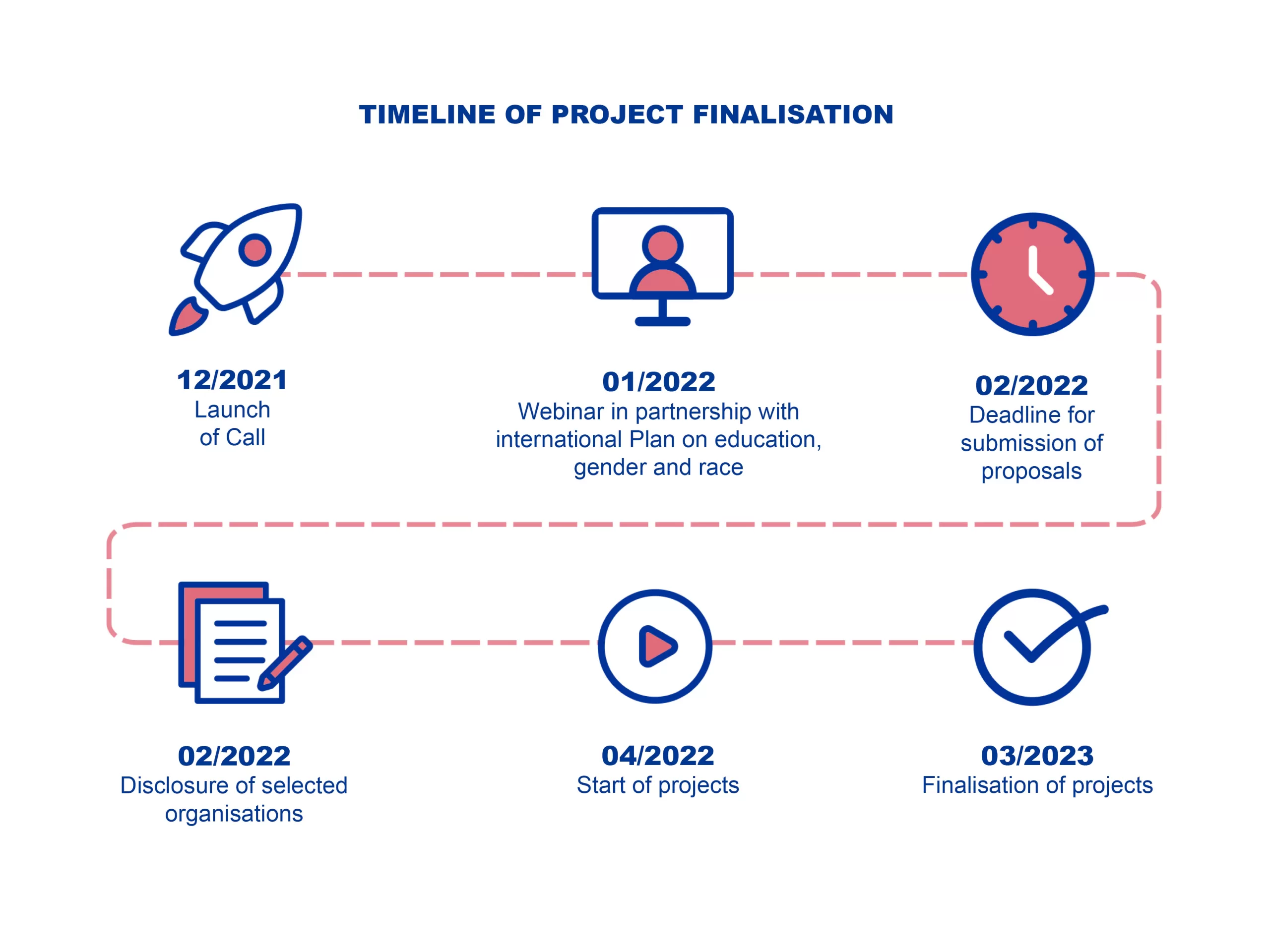Girls Who Go Above and Beyond
For the right to a transformative education
The Call for Girls Who Go Above and Beyond
GWGAB is an initiative of the UK-Brazil Skills for Prosperity Programme, or Cooperation Programme between the United Kingdom and Brazil in Education. The project is part of an initiative of the British government carried out in different regions of the globe. It seeks to support inclusive growth and poverty reduction through partnerships with countries in sectors such as regulatory environment, infrastructure, energy, finance, education and health. In Brazil, the programme focuses on opportunities for students to access quality education and English Language Teaching (ELT). The programme focuses on public basic education schools in the final years of primary education and is based on a gender and social inclusion strategy (GSI). In Brazil, the programme is implemented by a joint venture of institutions with recognised experience in the areas of education and English: Lemann Foundation, Nova Escola, Instituto Reúna and British Council.

“GWGAB became an opportunity to let the voice of black female school students be heard, for them to talk about their present and future desires – for themselves and for the school, as well as their concerns about everyday racism, but also the individual potentialities and collective actions that are pulsating in the transition from Primary to Secondary education, which should not be ignored despite the inequality we have in this country, including in the learning process. It is crucial that we support girls and boys in their professional choices, but prior to that, in the construction, through education and racial and gender literacy, of an expanded vision capable of being critical of these choices. As a complement, for the organisations in the joint venture, there is an enormous lesson to be learnt on the importance of co-constructing actions with those who are already out there making changes, whether through public policies or not, as is the case of the NGOs that have done work in this area. We need to join forces so that the tertiary sector becomes the most representative in Brazil, seeing that it is from these territories that the most powerful solutions emerge. I understand that the GWGAB project, as it is a one-off project, cannot respond in-depth to the educational challenges related to racial and gender issues in the country, but it clarifies possible ways of approach and getting more involved, including learning about project sustainability with this character.”
Janiele de Paula – Coordenator of the UK-Brazil Skills for Prosperity Programme
The Call for GWGAB was designed with care to prioritise socially disadvantaged groups, especially black women and girls, and to strengthen the work of civil society organisations active in different territories. In order to focus on the gender and race inequalities that still persist, the programme originates from the need to go beyond quantitative, statistical and metric evaluations that, although important, end up hiding the inequalities that it seeks to reach. At the end of the journey, the programme had supported six non-governmental organisations in different regions of the country.
The importance of thinking about Education beyond school walls
Thinking about and carrying out projects on gender equality in education requires a deep debate on the causes that still prevent women from exercising their citizenship as provided for by national and international laws. In addition, it is essential that we are attentive to the particularities of each territory. Brazil has one of 10 largest economies in the world, large companies and has achieved great things and which, even so, fails to provide for the basic necessities of thousands of Brazilian men and women.
It is undoubtedly a country of immense contradictions, which must be considered by those who intend to develop actions capable of changing reality. At the same time that we practically achieved the goal of the National Education Plan of universal enrollment in basic education, studies indicate considerable gaps between white and black students, which are even more profound when we include gender in our analyses. Women had better results in education, in all racial groups, but even so, do not reap real gains in the working world, representing a minority in decision-making positions and, even when obtaining leadership positions, are paid less than their male peers.
From the outset, GWGAB, a Call developed by the British Council through the UK-Brazil Skills for Prosperity programme, was designed with care to prioritise socially disadvantaged groups – especially black women and girls – and to strengthen the work of civil society organisations operating in different territories. In order to focus on the inequalities that still persist in terms of gender and race, we knew the need to go beyond quantitative, statistical and metric assessments that, although important, end up hiding the inequalities that we want to reach.
It is therefore with great joy and satisfaction and, perhaps, a little sadness, that we have reached the end of this journey having supported six non-governmental organisations in different regions of the country, with projects that are so different and at the same time similar, which have provided us with immense knowledge which only practice is able to bring us. We present this report with the aim of deepening a little of what was planned and carried out, aware of the immeasurable importance of supporting and learning from the work carried out by civil society in their territories.
Cíntia Toth Gonçalves
Head of English, British Council in Brazil

The Context of Inequality in Brazil
Gender, race and class inequalities are structural in our society and become clear when looking at formal education and the world of work. Data from IBGE and INEP/MEC indicate that Brazil still has a long way to go to achieve the goals established in the National Education Plan (PNE). However, it is essential to recognise and celebrate the advances achieved, such as Law 10639, enacted in 2003, which includes “Afro-Brazilian History and Culture” in the official educational curriculum as a mandatory subject; and Law 12711/2012, popularly known as the “Quotas Law” which resulted in the doubling in numbers of black people aged 18 to 24 enrolled in universities between 2011 and 2019, jumping from 9% to 18%.
Despite some progress, according to data from the Annual Report of Brazilian Education in 2021, only 77.5% of black men and women aged 16 completed lower secondary education, a significantly lower rate when compared to young white males and females, representing 87,3%. The same kind of abyss also holds true in the world of work. According to a survey by the Continuous National Household Sample Survey (PNAD) of 2022, an hour’s work of a black person is worth 40.2% less than that of a white person. The same survey points out that the salary gap has been practically the same for 10 years and that the lack of access to higher education is one of the factors that influence it.
It is not, however, a simple connection between obtaining a university degree to guarantee a higher salary. Data from a study promoted by the Pact for the Promotion of Racial Equity (2021) reveal that, despite the higher education degree playing an important role in the Brazilian world of work, gender and race are decisive markers in career plans. Research showed that, in Brazil, a black woman’s income is equivalent to 81.6% of a black man, and that, among the 4% of black people who occupy leadership roles in Brazilian companies, only 0.4% are women, meaning that black women earn less than white men, black men and white women.

To act in this scenario and its intersectionalities, the Call for “Girls that Go Above and Beyond”, an initiative of the British Council through the British government’s UK-Brazil Skills for Prosperity programme, was directed towards non-governmental and/or non-profit organisations throughout Brazil, whose mission is linked to education and gender and race equity. Over a period of 12 months, six selected institutions developed actions aiming to prepare black girls in the last years of lower secondary education in making conscious choices about continuing their studies and building a professional career.
The importance of the intersectional approach
Intersectionality was conceived through the works of black women activists who speak about the “perspectives of race, class, gender and sexuality as systems of intersection of power”. Kimberlé Crenshaw, American civil rights advocate, proposes the use of the term as a methodology to face the causes and effects of violence against women, understanding that discrimination is not experienced and should not be analysed in isolation, as it is through intersections that answers of how to overcome inequalities are found.
In Brazil, the colour/race indicator used to be ignored both in international documents and Brazilian legislation. The Law of Guidelines and Bases of Education from 1996, for example, did not bring in its text any specific provision for Brazil’s black population, and was only revised in 2003, with Law 10639. It is therefore essential to focus efforts on intra-gender discrimination, understanding that girls and women are multiple, with varied characteristics and access, which directly influence school experiences and performance.
Aware that economic and social inequalities stem from multiple factors, the Call for GWGAB concentrated efforts on supporting projects that encourage government school students, especially black girls, to occupy all spaces in society. To this end, through intersectional and multidisciplinary actions, organisations have developed numerous activities to discuss the causes of racism and strategies to confront social practices that harm them in their academic and professional choices.
